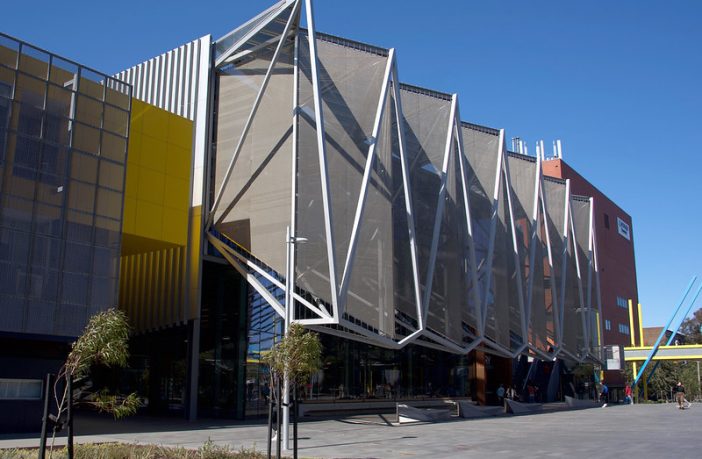From pv magazine Global.
- Scientists at Monash University claim to have developed the world’s most efficient lithium-sulfur battery.
- They say the new device could enable an electric vehicle to drive more than 1,000km on a single charge.
Researchers at Australia’s Monash University have developed a sulfur-lithium battery which they say has the potential to perform more than four times better than currently available products.
The device, dubbed “the world’s most efficient lithium-sulfur battery”, is described in the paper Expansion-tolerant architectures for stable cycling of ultrahigh-loading sulfur cathodes in lithium-sulfur batteries, published in Science Advances.
The developers used prototype cells provided by Germany’s Fraunhofer Institute for Material and Beam Technology to create the device.
Production process
The new manufacturing process behind the battery technology – for which the researchers have an approved, filed patent – consists of re-configuring the design of sulfur cathodes to tolerate higher stress loads without a decrease in overall capacity or performance.
The Monash researchers said they were inspired by a unique bridging architecture first recorded during the processing of detergent powders in the 1970s.
“To date, the polymeric binders used in the fabrication of sulfur cathodes have been evaluated simply on the basis of their ability to make crack-free dense microstructures,” the researchers explained. “We have shown that smaller proportions of the same binders can be deployed, by means of an elegantly simple method, to produce a cathode architecture that offers minimum interference with electrochemical reactions and ion movement and accommodates natural volume expansion during discharging, thereby resulting in markedly higher performance metrics.”
Cheaper, more sustainable device
Research coordinator Matthew Hills claims the new approach may enable the manufacture of cheaper, more sustainable batteries – as well as improved performance metrics and longer cycles – as it relies on water-based processes.
The scientists said the battery could power a smartphone for five days or an electric vehicle for more than 1,000km on a single charge.
“Our research team has received more than $2.5 million (US$1.72 million) in funding from government and international industry partners to trial this battery technology in cars and grids from this year, which we’re most excited about,” the research team added.
Several sulfur-lithium battery research projects have been announced in recent months, including a study from the United States’ Argonne National Laboratory, one from Singapore’s Agency for Science, Technology and Research, and a project at MIT
Author: Emiliano Bellini
This article was originally published in pv magazine and is republished with permission.















